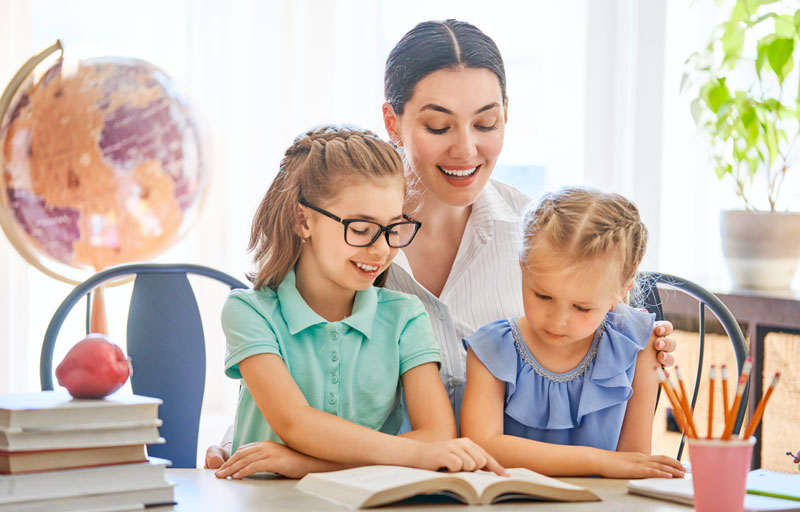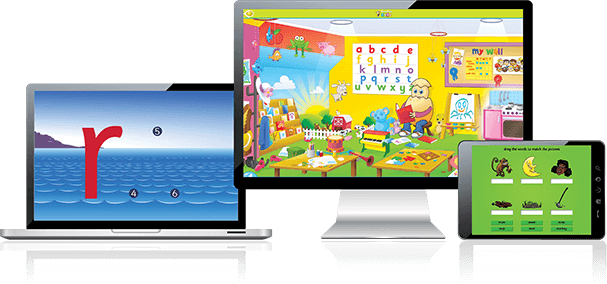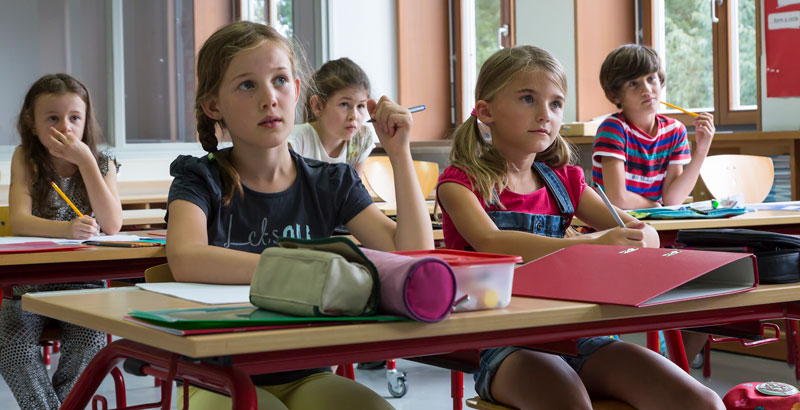Teaching Synonyms & Meaning of Words To Kids
To be literate and to be knowing to read, write and speak is an asset for life. It is a gift that one receives and then it is up to the individual to hone their skills and further nurture, develop and expand their capabilities and knowledge. When one is born, they get their mother tongue by default and as they grow older, they learn different languages which become the essence to communicate, English being one of them. The language is widely used across the globe. The English grammar and the other components are the main elements that form the crux of the language. Synonyms are a very important factor as part of the English language. Here we are referring to English since it is largely spoken around the world but as a matter-of-fact synonyms are crucial to all languages. Take Arabic for example, which is commonly spoken in Dubai, across the UAE, in the Middle East and GCC countries. Of course, there are a ton of synonyms there too. The dictionary would tremendously help one with their usage of words. Pick up any language of these regions or another foreign language and you will find the relevant synonyms.

Let us understand why synonyms are imperative to be used. Wouldn’t it be the dream of any parent to see their child carry themselves with confidence? The initial steps to achieving that would be, for their child to communicate effectively and speech becomes a vital part of the same. In the English language, there are thousands of words that one can include as a part of their speech and written text. Wouldn’t it be so mundane for your child to be using commonly used words while they talk and write? Wouldn’t you want them to explore, go beyond their limits and appear extraordinary? Here is where synonyms fantastically come into play. They are actually very simple but supremely beneficial. Imagine taking up any word and upon being made to look further, your child will find at least five to six new words which in meaning will be similar to the original word. Isn’t that amazing? They are truly making their vocabulary powerful. With every new word that they come across, they are learning new spellings and pronunciations. With more practice, they will know how to make the best use of the dictionary, of course find the exact synonyms, and know where to fit what kind of word aptly and more than that they are improving their grammar and parts of speech since the dictionary not only shows the meaning and synonym of a particular word but also the adjective, adverb, and tenses of the word. It is an absolute win-win situation.
Apart from the basic dictionary, there are other ways in which a parent can teach synonyms to their children. By adopting these means, more than literally teaching, children will organically learn new words which will be equivalent to mastering synonyms. Reading is their best teacher. The reading activity must be inculcated in children which will open up a gamut of words for them. Likewise, even watching educational content and videos on the internet will boost their vocabulary to unimaginable levels. A good idea would be for children to be made to form the habit and a routine exercise, that whenever they encounter any new word through any medium internally at home or outside, they must note down that word in a diary. Then they must be made to write down the meaning of the word and find better synonyms to that word. Their knowledge is amplified in so many ways. These methods can be easily used with slightly older children and bigger kids. With small children, who are still away from actually reading proper books and understanding videos, they can be made to learn synonyms in a graphic way by using picture cards or flash cards. Colours and pictures attract little children and that is how their foundation to learning synonyms will begin early on without them realizing that they are learning them. They will get the hang on quickly with pictures, letters, and words. Once they will see that one particular picture has a meaning to it and that word can have similar other words, they will learn the complex bits in the most fun way with graphic cards. Synonyms are one huge aspect, as we have seen, but as these children will learn them slowly, they will also be made to understand that antonyms do exist as well. So, the learning will always continue to multiply many fold.

The Reading Eggs programme has been developed by a highly experienced team of teachers, educational writers, animators, and web developers. It focuses on a core reading curriculum of skills and strategies which are essential for sustained, reading success. It completely supports what children learn at school. Reading Eggs is designed for 2–13-year-olds. The programme begins at an absolute beginner level, so children need no prior knowledge to start. There are three programmes within Reading Eggs – Reading Eggs Junior for 2–4-year-olds, Reading Eggs for 3–7-year-olds and Reading Eggspress for 7–13-year-olds. Reading Eggs makes learning to read interesting and engaging for kids, with great online reading games and activities.






Recent Comments